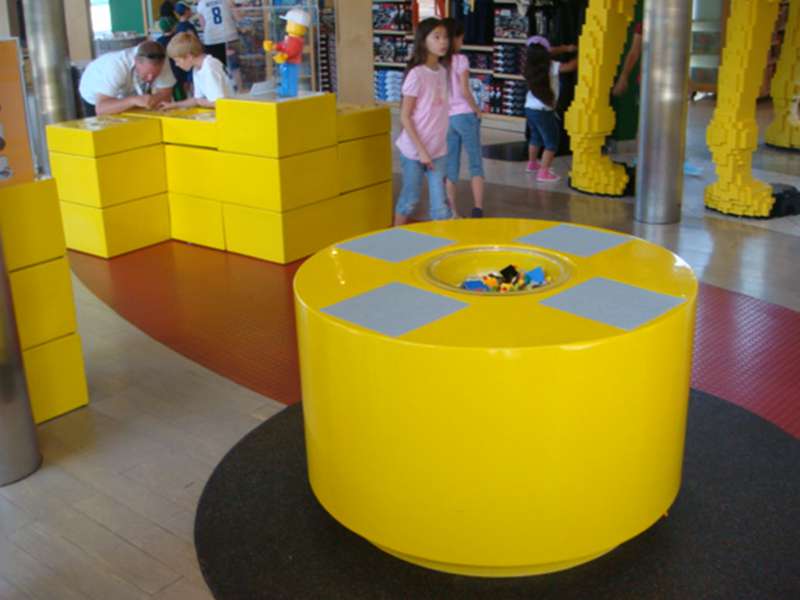When choosing a 32mm drill bit, users must consider the material they intend to penetrate. HSS bits are suitable for most general purposes, offering a good balance of hardness and toughness. They can efficiently drill through wood, plastic, and softer metals like aluminum. However, for more challenging materials such as stainless steel or masonry, a cobalt drill bit might be preferable due to its enhanced durability and ability to maintain sharpness at higher temperatures.
...
2025-08-15 06:39
572
